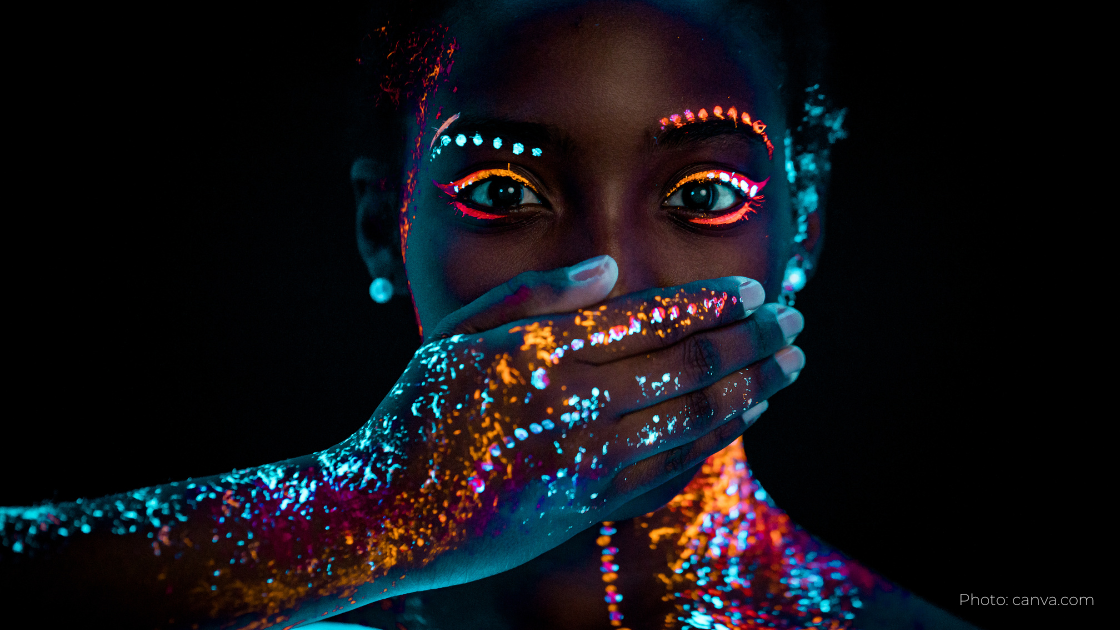Growth manifests in various forms, and as I’ve discovered in my own journey, much of it stems from the challenges we encounter in life.
The most apparent signs of growth emerge once we’ve navigated past challenging experiences, allowing time for peace and perspective, ultimately fostering healing. Healing is an evolution of pain; it involves transforming the old and allowing emotional wounds to be acknowledged and healed, creating freedom from personal struggles and facilitating a lighter, easier forward movement.
How we manage the unexpected serves as an indicator of where we may be carrying emotional wounds. Although this statement is simplistic, the experience itself is far from simple.
Unexpected events are inevitable in our lives as we engage with the world — through work, social interactions, family dynamics, driving, recreation, and in the everyday activities outside our homes. Such as:
- Starting your car in the morning and realizing you’re almost out of gas, with no time to stop for a refill.
- Someone expected at work doesn’t show up, leading to essential tasks being left undone.
- A child falls ill on the day of an important presentation.
- A last-minute change in work schedules.
- A major road closure.
- Get an unexpected raise.
- Sudden changes of plans.
- Accidents.
- Spilling your coffee on your computer.
- Receiving a demanding email from a colleague.
- Find out exciting news about a family member.
- Your romantic weekend getaway getting canceled due to illness.
In the recesses of our psyche, we’ve adapted certain behaviors to cope with the unexpected. What’s important is recognizing how you respond to unforeseen events. Life is replete with unplanned experiences; every day, we dance with the unanticipated. Yet, many of us haven’t contemplated how our responses directly influence our emotional state – whether it’s exciting news or something that shakes up your day.
For instance, if something unexpected happens, and you often become reactive and agitated, responding with snappy language, a clenched jaw, frustration with people you have no relationship with, an inability to organize your thoughts or manage the situation, and a difficulty connecting with others, it indicates a lack of skills in dealing with the unknown.
For a considerable time, I found myself overly reactive to unplanned events in my life, perceiving things as beyond my control and taking most occurrences personally. This disrupted my life and relationships. The habit became so ingrained that I couldn’t handle anything that disrupted my routine. Consequently, I architected my life with precision, managing the small details in my home so that everything was how I wanted them, more than being organized. I used my introversion as a way to avoid engaging with the world, as the stress of the unknown had become overwhelming.
People employ various strategies to prevent the unexpected from happening. Some spend extensive time at home to evade social situations, attempting to circumvent the emotional onslaught that arises when unplanned events occur. This behavior is often masked under the guise of being introverted — while introverts do gain energy from being at home, if this becomes a constant excuse, it might be worth exploring further.
Others may develop a habit of over-managing, seizing control in social situations. While this might appear as confidence, it could be triggered by a need to manage others to feel secure.
Life inevitably presents more significant, unexpected, and painful events. Therefore, understanding how we respond to smaller daily events equips us with the skills needed to navigate more dramatic experiences.
If upon reflection, you recognize that your responses to the unplanned aren’t serving you, what can you do? There are several steps you can take to support yourself. Firstly, recognition is crucial. Acknowledging those behaviors in yourself is a significant first step. Once you’ve observed that the unexpected is agitating you in some way and your responses feel unhelpful to your life and others, practicing gentleness and calmness with yourself instead of being critical and harsh is key.
with love,
Noelle

